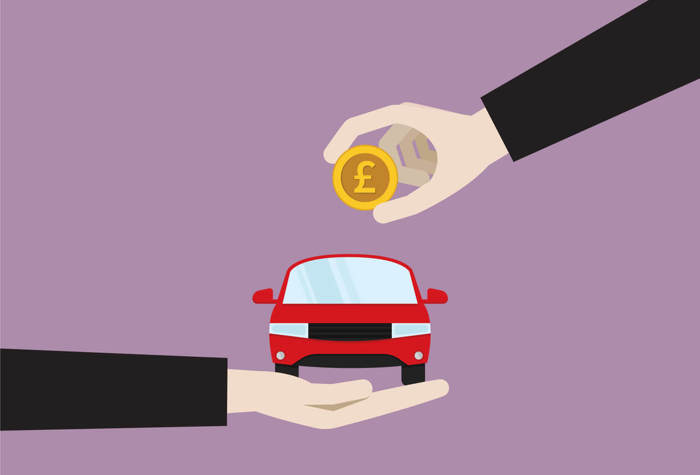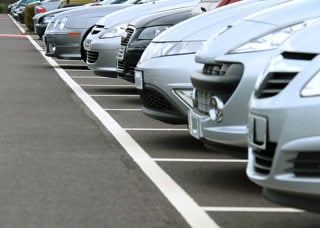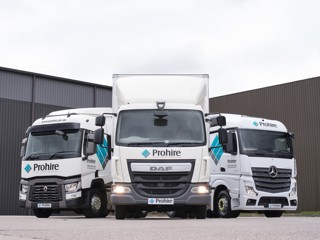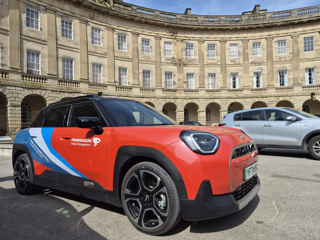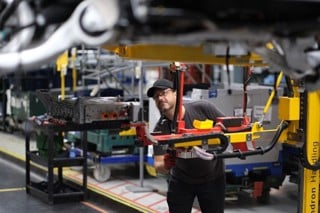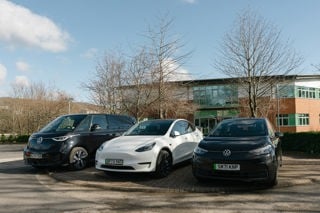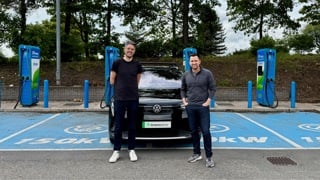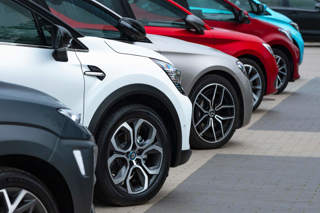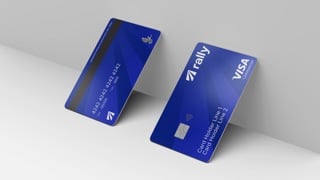
Fleet funding
Fleet funding describes the way an organisation procures its vehicles and has a major effect on its operations, such as cost and flexibility.
There are many finance options available and what is the most suitable will depend on factors such as how long the vehicle will be kept on fleet, affordability, corporate strategy and tax considerations.
Historically, many organisations have adopted a simple approach to fleet funding– contract hire (operating lease) for their cars, outright purchase for light commercial vehicles – with the mindset that using more methods results in an increased administrative burden such as the additional accounting treatment needed to cater for vehicles both on and off the balance sheet.
However, as well as these two methods others are available, including contract hire (finance lease), salary sacrifice and employee car ownership (ECO) schemes, and each has their own pros and cons.
This has seen an increasing number of fleets implement a mix of different types of funding to cater for individual vehicle needs – often called blended funding - and the considerable benefits and savings this can bring can make any increased administration burden worthwhile.
Fund your fleet the right way: a breakdown of the major methods
The way a fleet funds its vehicles has a major effect on its operation, impacting a variety of functions such as costs and flexibility.
